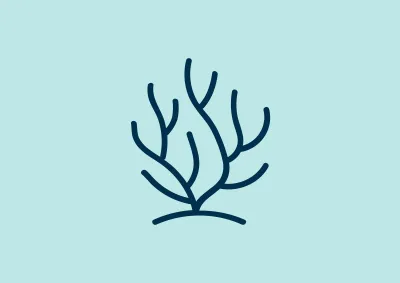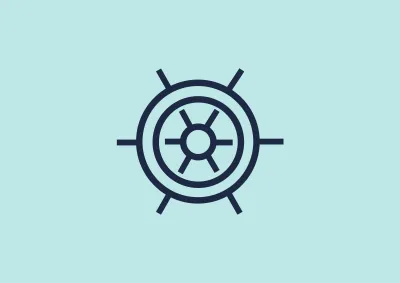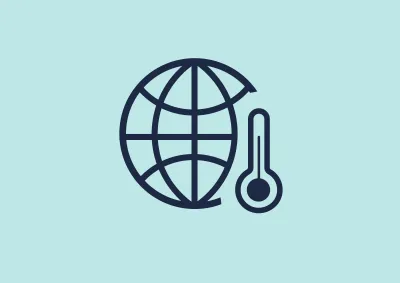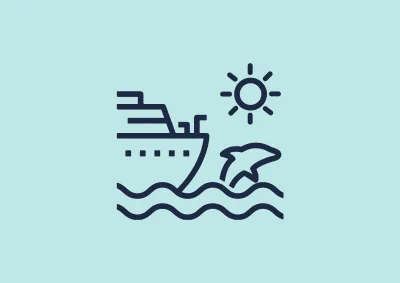Topics
Explore

Topic
Habitats to support species
The Reef ecosystem includes a diverse range of habitat types that are essential to the survival of thousands of species. These habitats range from islands and mangrove forests to coral reefs and continental slope.

Topic
Species
The Great Barrier Reef is the largest coral reef system in the world, supporting a wide variety of species, such as corals, seagrasses, sea snakes, and bony fishes.

Topic
Chemical processes
Chemical processes contribute to a resilient and functioning Reef ecosystem. Components of chemical processes include ocean pH, ocean salinity, and nutrient cycling.

Topic
Physical processes
Physical processes include sea temperatures, ocean currents, cyclones and wind, sediment exposure, freshwater inflows, sea level and light.

Topic
Coastal ecosystems
Coastal ecosystems include saltmarshes, freshwater wetlands, forested floodplains, heath and shrublands, grass and sedgelands, woodlands and forests and rainforests.

Topic
Disease, introduced species and pest species
Disease, introduced species and pest species are major disruptors to a healthy and functioning Reef ecosystem and can reduce populations of key species, disrupt food chains and displace the ecological balance underpinning biodiversity.

Topic
Heritage values
Heritage values include natural, Indigenous, and historic heritage values and other heritage values including social, aesthetic and scientific.

Topic
Climate change
Impacts of a changing climate on the Reef include increased air and sea temperature, extreme and shifting weather patterns, altered ocean currents, increased sea-level rise, ocean acidification, and increased ultraviolet radiation.

Topic
Human use
Human use of the Reef encompasses a wide range of activities, including commercial marine tourism, defence, fishing, recreation, research and education, ports, shipping and the traditional use of marine resources by First Nations peoples.

Topic
Protection and management
Protection and management of the Reef is driven by strong partnerships between Commonwealth, State and local governments, Traditional Owners, industry, researchers and community groups.

Topic
Indigenous knowledge
Indigenous knowledge is a body of integrated, holistic, social, and ecological knowledge, practices and beliefs related to the relationship of living beings, including people, with one another and with their environments.



